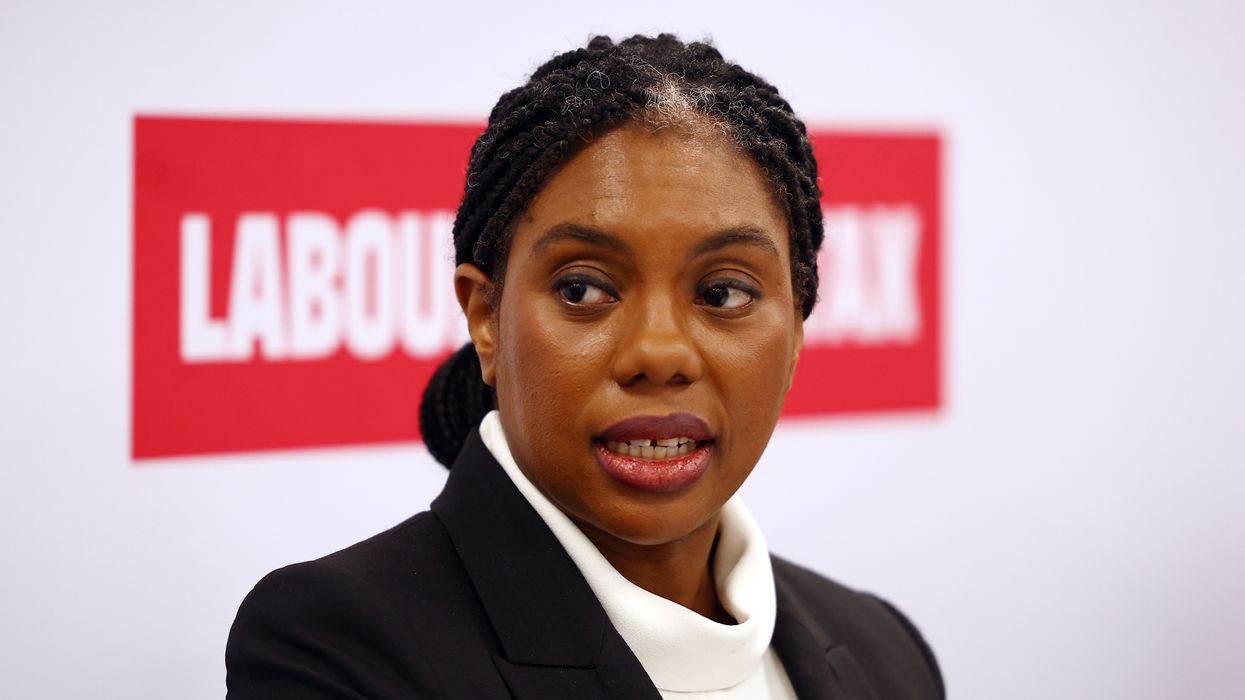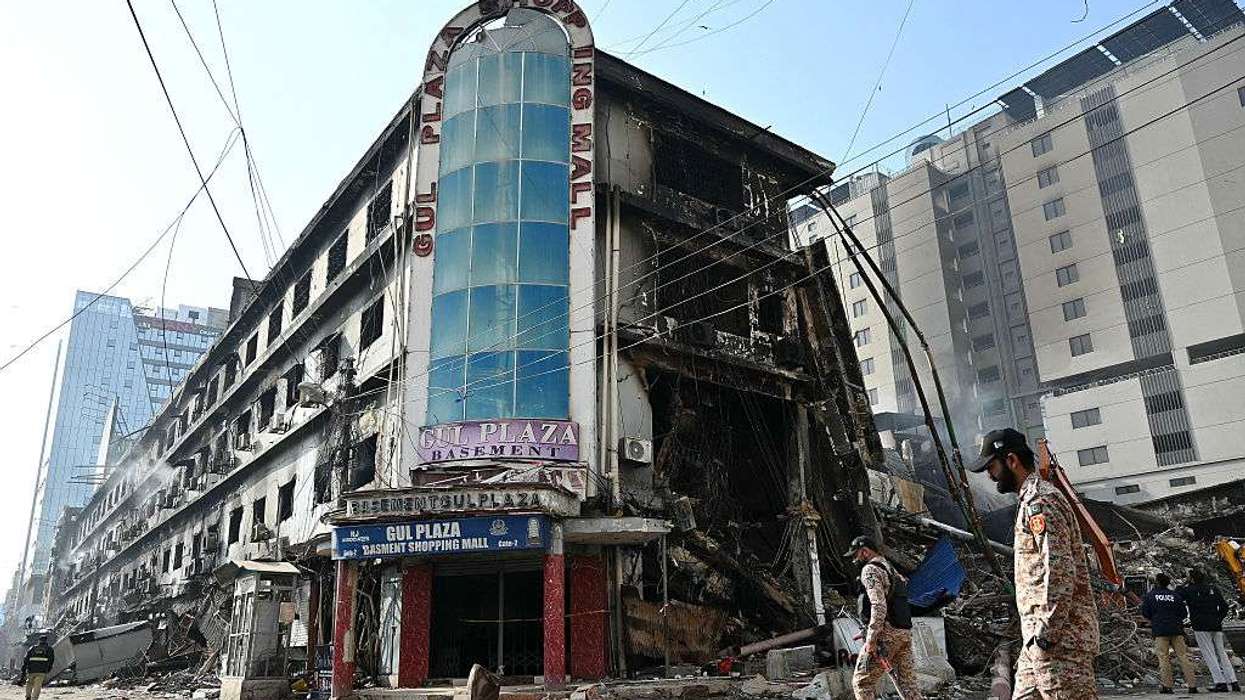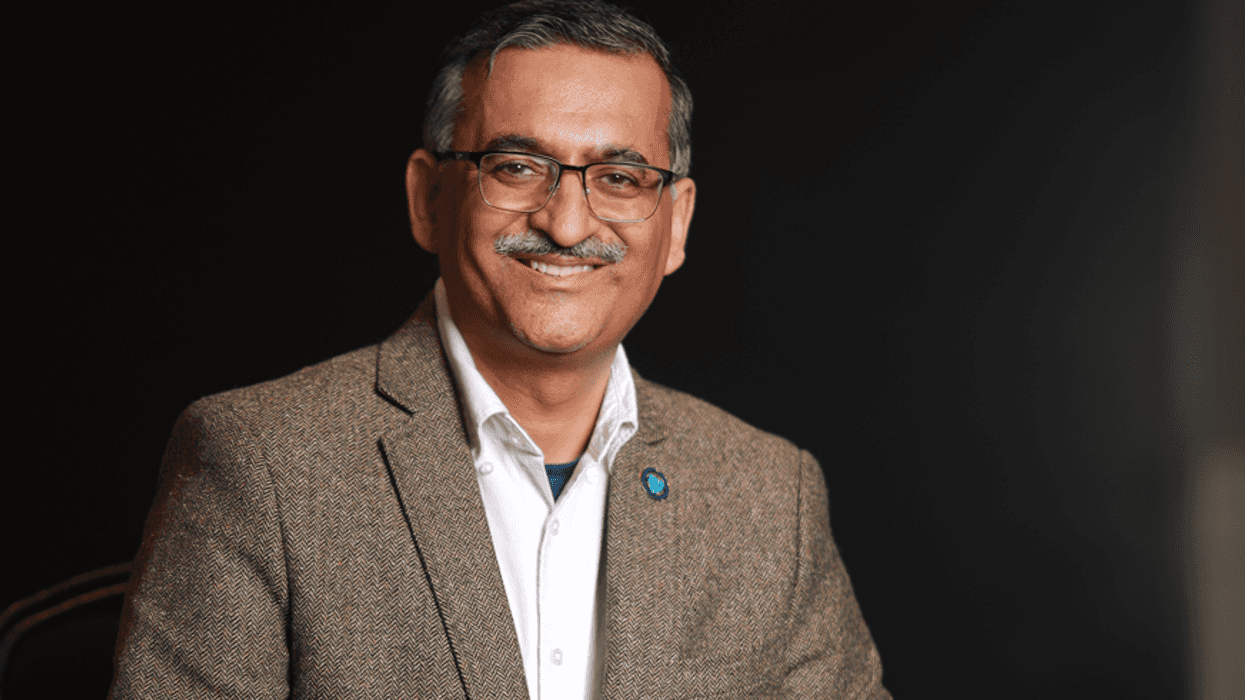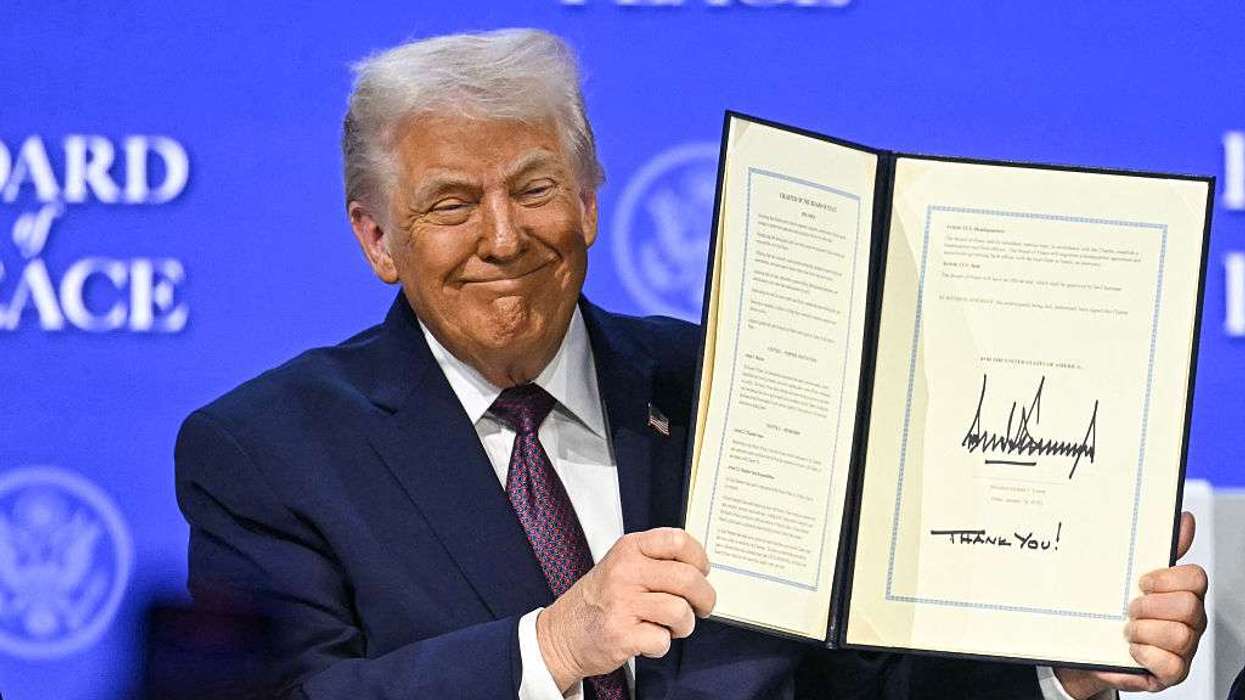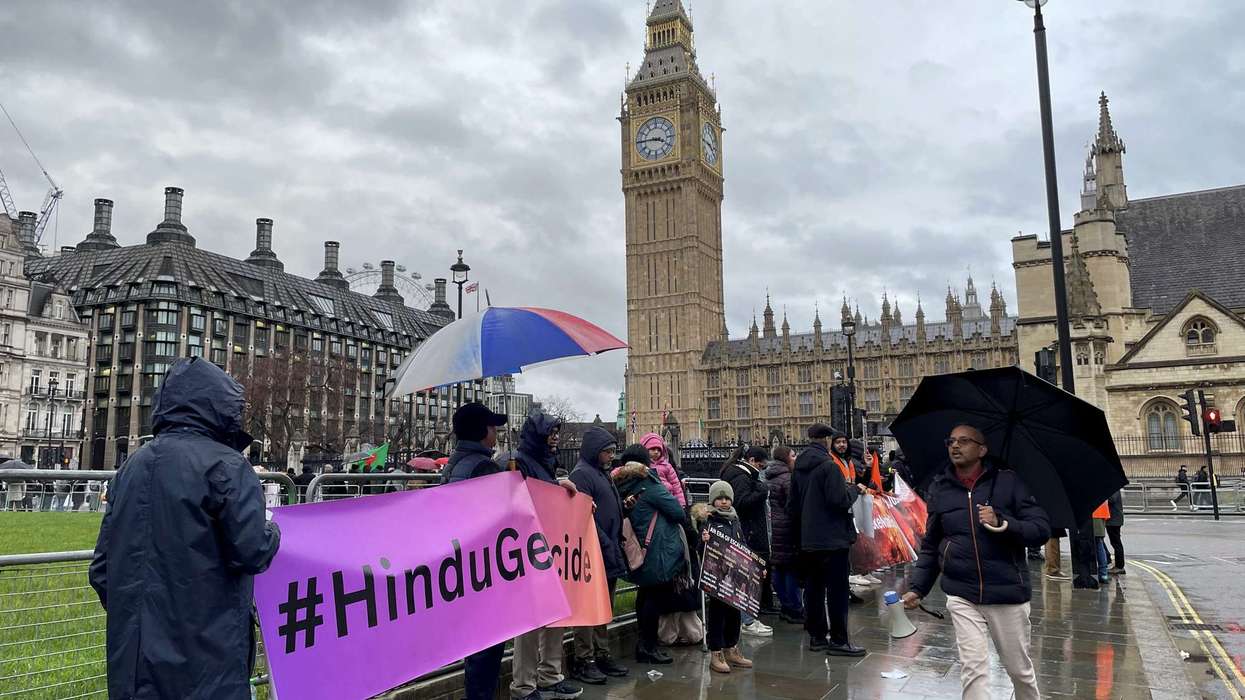KEMI BADENOCH has said she would not rule out forming coalitions at a local level with Reform UK after Thursday's council elections.
However, speaking to Sky News' Sunday Morning with Trevor Phillips, the Conservative leader ruled out a national coalition with Nigel Farage's party.
"I am not going into any coalition with Nigel Farage... read my lips," she said.
Badenoch indicated that local deals could still happen if councils are under no overall control. "You have to do what is right for your local area," she said. "You look at the moment, we are in coalition with Liberal Democrats, with independents. We've been in coalition with Labour before at local government level."
She added: "They [councillors] have to look at who the people are that they're going into coalition with and see how they can deliver for local people. What I don't want to hear is talks of stitch-ups or people planning things before the results are out. They have to do what is right for their communities."
Nigel Farage responded by saying: "The Tories broke Britain nationally for 14 years, and their councils continue to break local communities with the highest taxes ever and worst services. Reform have no intention in forming coalitions with the Tories at any level."
Voters will elect representatives in 23 councils on Thursday 1 May, mostly in areas previously seen as Conservative strongholds.
Fourteen county councils and eight unitary authorities, mostly Tory-controlled, and one Labour borough are up for election.
Bdenoch suggested the Conservatives could lose all the councils they are contesting.
Speculation over a possible Tory-Reform collaboration increased after senior Conservatives Robert Jenrick and Ben Houchen made comments about potential cooperation.
Jenrick was recorded by Sky News suggesting a coalition could be formed to prevent splitting votes, while Houchen told Politico that some form of unity between the two parties would be needed.
Labour's Pat McFadden told Sunday Morning with Trevor Phillips he was "not predicting huge Labour gains on Thursday" and ruled out deals with other parties.
